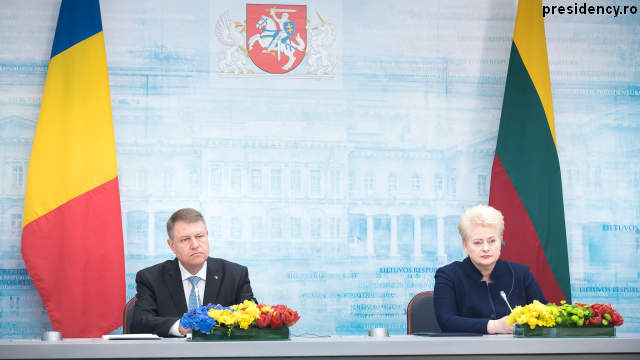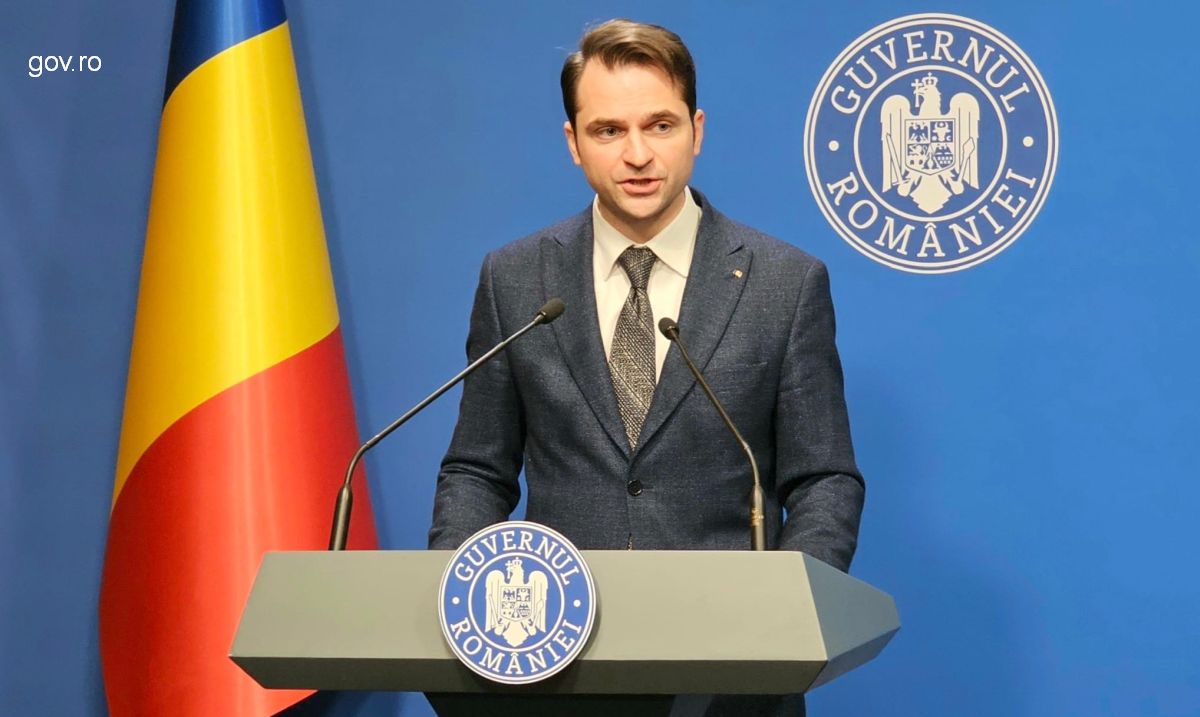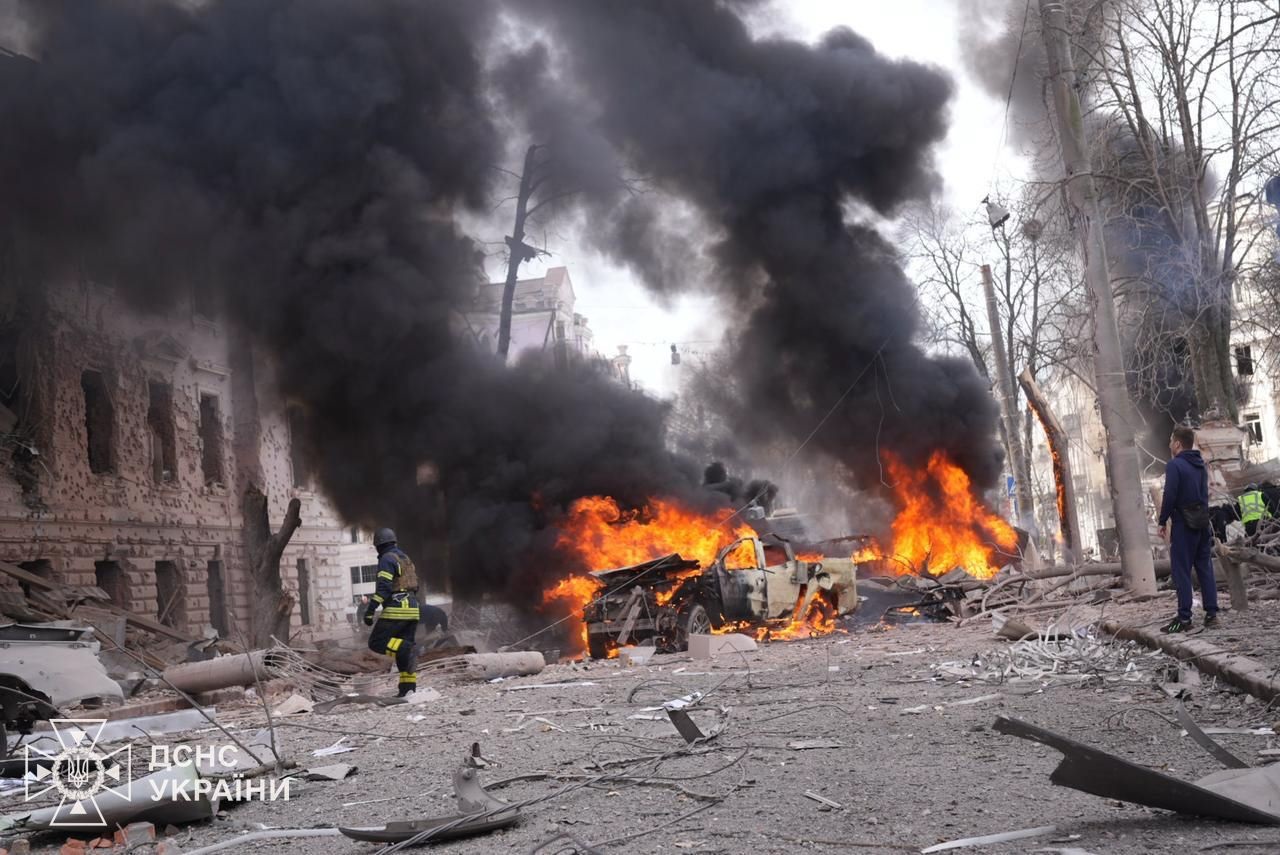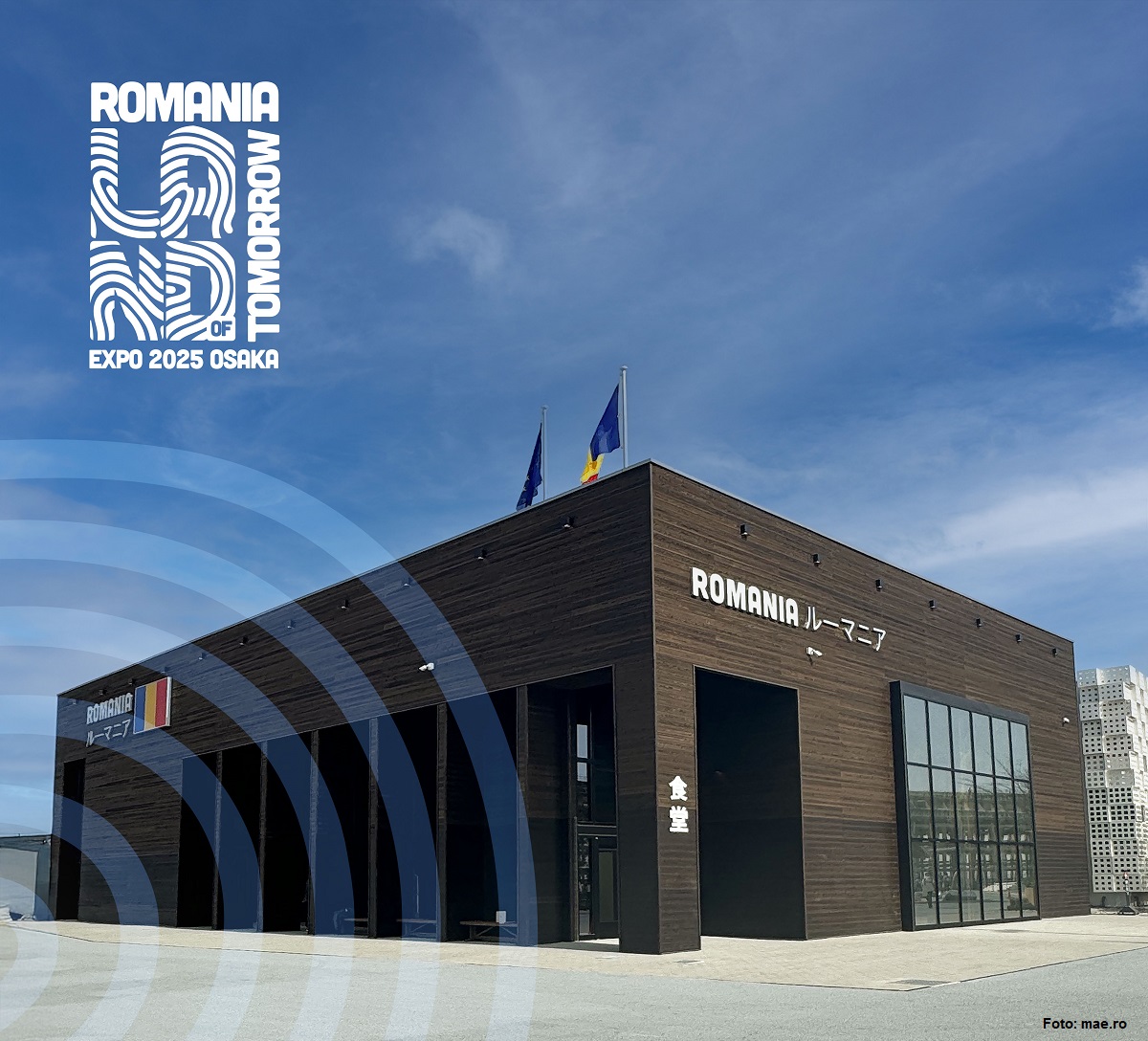The Romanian-Lithuanian Relations
Bilateral ties, migration and the forthcoming NATO Summit in Warsaw were high on the agenda of talks between Romanian President Klaus Iohannis and his Lithuanian counterpart, Dalia Grybauskaite, in Vilnius.

Bogdan Matei, 19.05.2016, 13:01
Romania’s President, Klaus Iohannis, who paid his first official visit to Lithuania since becoming head of state eighteen months ago, has said fresh from the talks he had with his counterpart Dalia Grybauskaite that Bucharest and Vilnius have a strong partnership and share the same vision, interests and values. Just like most of the EU and NATO member states in Eastern and Central Europe, such as Poland, Slovakia, Hungary and Bulgaria, Romania and Lithuania have taken the same stand on migration and border security.
Unlike the European countries with a colonial history, the East European states do not have the experience of living together with people with a completely different background in terms of language, culture and religion. Hence the latter’s reluctance to taking over thousands of migrants from Africa and the Middle East. Consequently, President Iohannis has reiterated, in Vilnius, his plea for pro-active solutions that should stop the exodus of migrants in the countries of origin and has rejected once more the idea of sanctions being imposed on the European states that refuse to take in migrants in keeping with the quotas set by Brussels.
The two heads of state have also discussed about the NATO summit due next month, with both of them expecting regional security to be consolidated. The two countries’ concern about Russia’s increasing aggressiveness is rooted in history.
First controlled by tsars, then by Bolsheviks, Lithuania had been for centuries under Russian occupation, while Romania was the target of 12 terrible invasions. According to the Radio Romania correspondent, Iohannis has pointed out that Romania wants the allied forces to be dispatched on NATO’s entire eastern border so as to discourage prospective threats. On the other hand, Iohannis has dismissed Moscow’s protests and threats following the recent activation of the anti-missile shield in Deveselu (southern Romania) as mere rhetoric.
Klaus Iohannis: “The rhetoric against NATO and Romania for having activated the anti-missile shield in Deveselu is part of Russia’s communication strategy, which has a certain tendency of showing that things are directed against Russia. The anti-ballistic shield in Deveselu is not a structure directed against Russia, something that we have constantly stated and will continue to state for the simple thing that it is the truth.”
In her turn, Grybauskaite has pointed out that protecting the member states is the very essence of the NATO mission. She has hailed the activation of the anti-missile shield in Romania and has stated that Lithuania is supporting such initiatives.






























